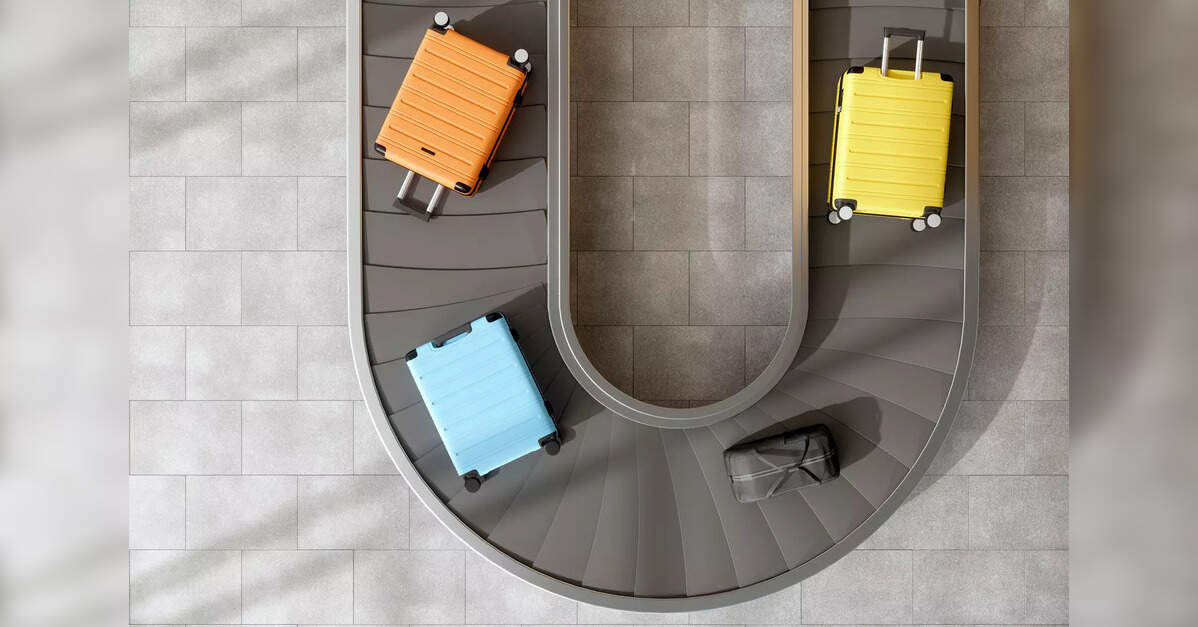EU Proposal to Eliminate Airline Hand Luggage Fees

The European Union has taken a significant step towards enhancing air travel fairness and transparency by passing a new proposal to eliminate surprise fees for cabin baggage on EU flights. This landmark initiative, set to potentially begin in July 2025, aims to end a long-standing source of frustration for budget airline passengers by allowing travelers to bring one small carry-on bag and a personal item onboard without incurring additional charges. This move is part of a broader effort to standardize and level the flying experience across the EU's twenty-seven member states, ensuring a more consumer-friendly aviation environment.
Under the new proposed rule, all airline passengers flying within or to the EU will be entitled to bring a personal item, such as a handbag or laptop bag, with dimensions not exceeding 40x30x15 cm. Additionally, one cabin bag weighing up to seven kilograms, with a combined maximum dimension of 100 cm (length + width + height), must be transported free of charge, irrespective of the fare class purchased. This measure directly challenges the business models of many ultra-low-cost carriers, which have historically relied on ancillary revenues from baggage and seat selection fees. The reform aligns with a 2014 European Court of Justice ruling that deemed hand luggage a “necessary aspect of passenger transport” and stated it should not be subject to extra charges if within reasonable limits.
The decision to implement this policy uniformly across all 27 EU countries — including Austria, Belgium, Bulgaria, Croatia, the Republic of Cyprus, the Czech Republic, Denmark, Estonia, Finland, France, Germany, Greece, Hungary, Ireland, Italy, Latvia, Lithuania, Luxembourg, Malta, the Netherlands, Poland, Portugal, Romania, Slovakia, Slovenia, Spain, and Sweden — signals the bloc’s commitment to creating a seamless and equitable travel experience. This consistency will particularly benefit travelers navigating multiple countries or those on multi-city European tours, simplifying the travel process and eliminating ambiguity. The rule will apply to all intra-EU flights and airlines operating within the bloc's jurisdiction, establishing a unified baggage policy across the continent.
Beyond the free baggage allowance, the European Commission's proposal includes several other enhancements to improve the overall passenger experience. These include banning seat selection charges for children under 12 who wish to sit with their accompanying guardian, ensuring passengers with reduced mobility can travel with a companion for free, and requiring full disclosure of flight costs much earlier in the booking process for greater clarity. Furthermore, compensation and cancellation rights will be strengthened, providing better protection for travelers during delays or operational issues. These comprehensive provisions are designed to ease tensions between passengers and airlines and reduce confusion at check-in counters and gates.
While passenger rights advocates have widely celebrated these reforms, some European airlines, particularly low-cost carriers like Ryanair and Wizz Air, have voiced concerns over the potential financial impact. Airlines For Europe, for instance, warned that forcing a mandatory free trolley bag might strip passengers of choice and oblige them to pay for services they may not want, with costs potentially absorbed into overall ticket prices. However, EU lawmakers argue that airlines must adapt to fairer and more transparent business practices, emphasizing that uniform regulation levels the playing field across the EU aviation market, enabling consumers to make more informed decisions.
This monumental shift towards a passenger-first aviation policy, once finalized through a final vote in the European Parliament and negotiations with the EU Council, will redefine air travel across the EU. From Lisbon to Ljubljana, Berlin to Bucharest, every EU citizen and visitor alike stands to benefit from a simplified, cost-effective, and standardized air travel experience. By ensuring consistent rights across all member states, the European Union reaffirms its leadership in consumer protection and its vision for harmonized airspace and transport policies. This hand luggage ban is not merely about bags; it is about reinforcing the fundamental principles of fairness, transparency, and the freedom of movement within the European Union.









